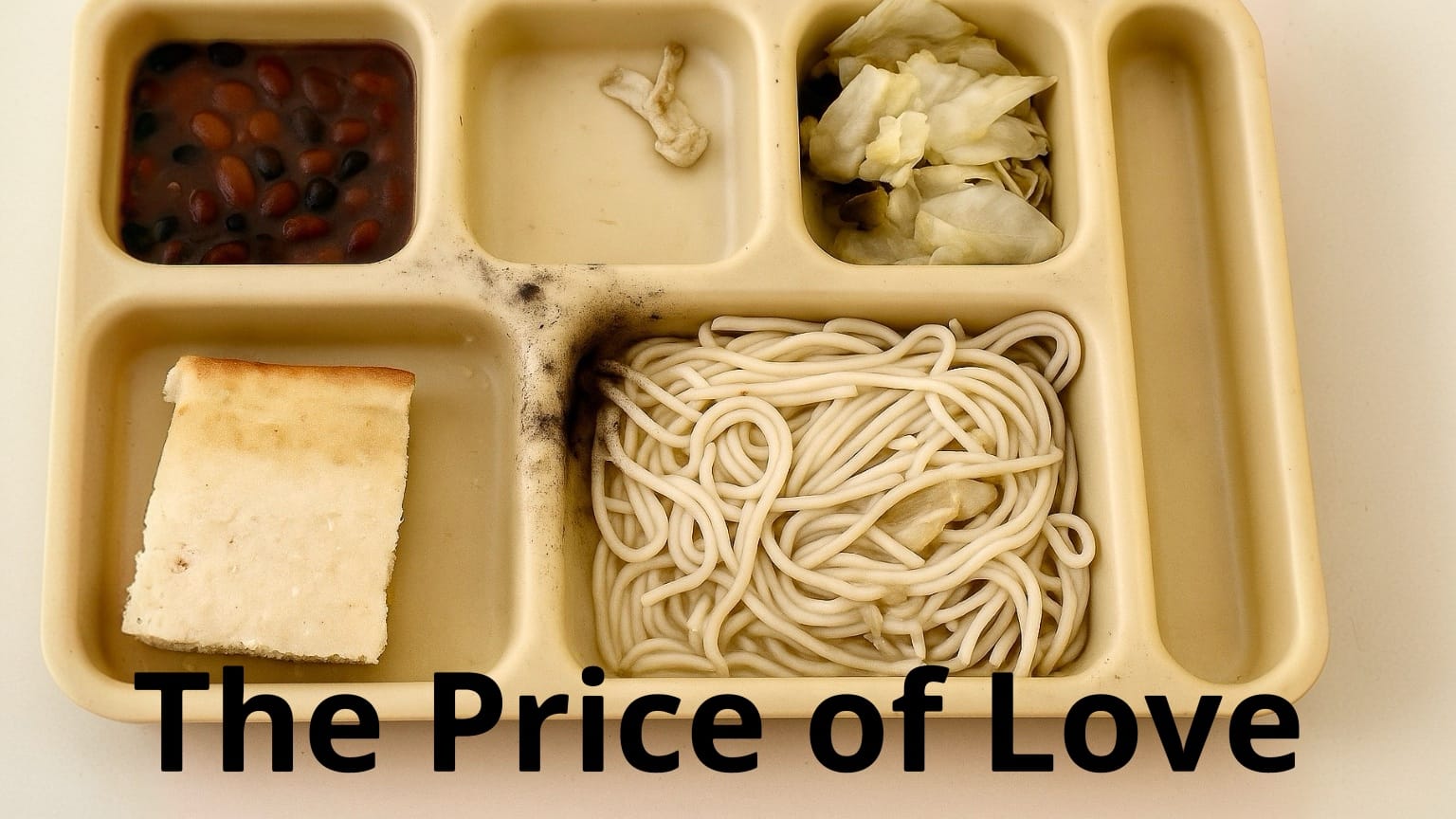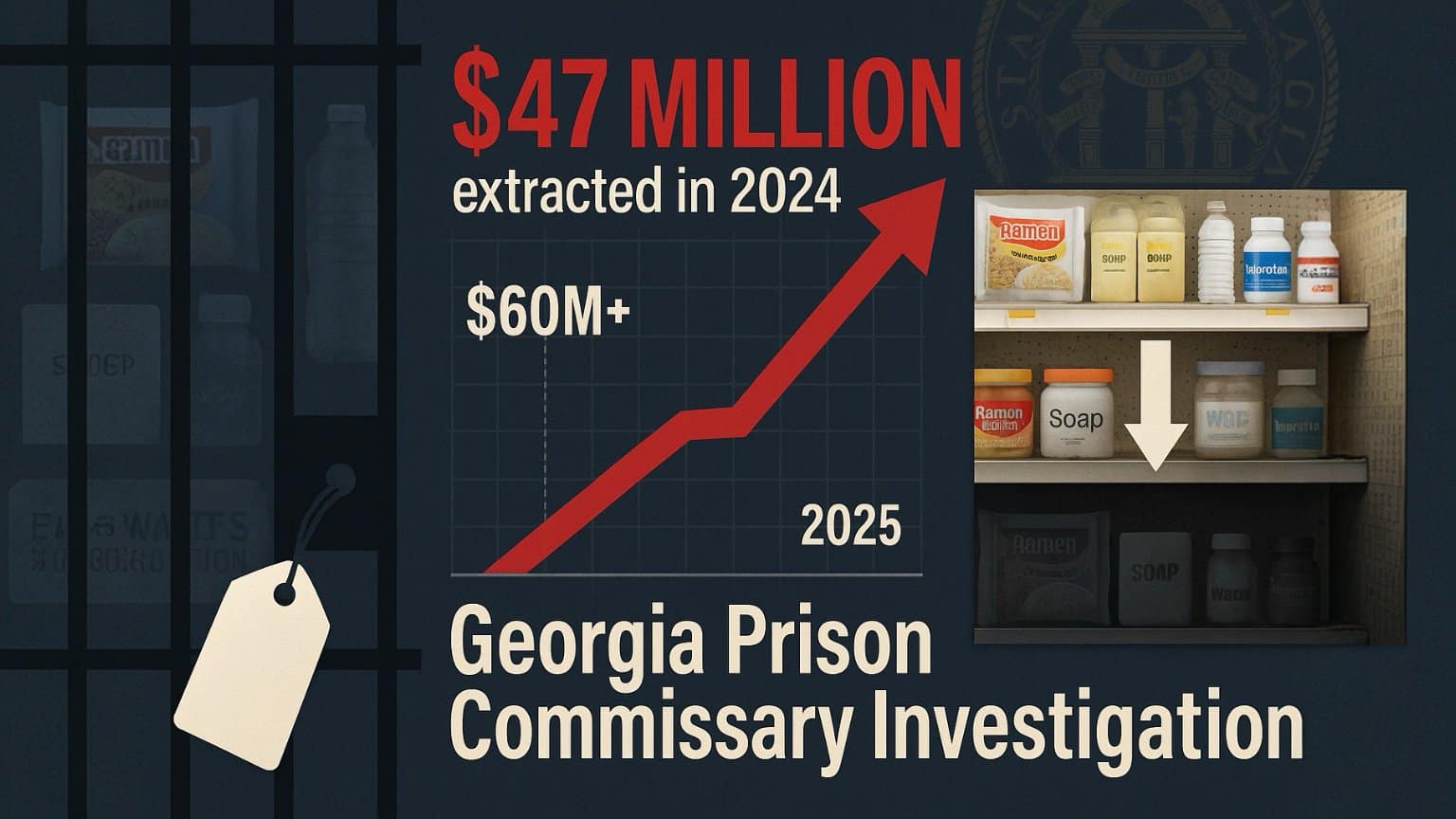The Price of Love: How Georgia’s Prisons Bleed Families Dry
For many families in Georgia, having a loved one behind bars doesn’t mean only missing birthdays and phone calls—it means chronic financial strain. A new national study finds that families who provide direct support to incarcerated relatives spend on average 6 % of their household income each month just to cover direct costs like commissary items, hygiene products and phone calls. 
When that national figure meets the realities inside Georgia’s prison system—sky-high commissary mark‐ups, inadequate meals that force reliance on overpriced snacks—the results are devastating.

